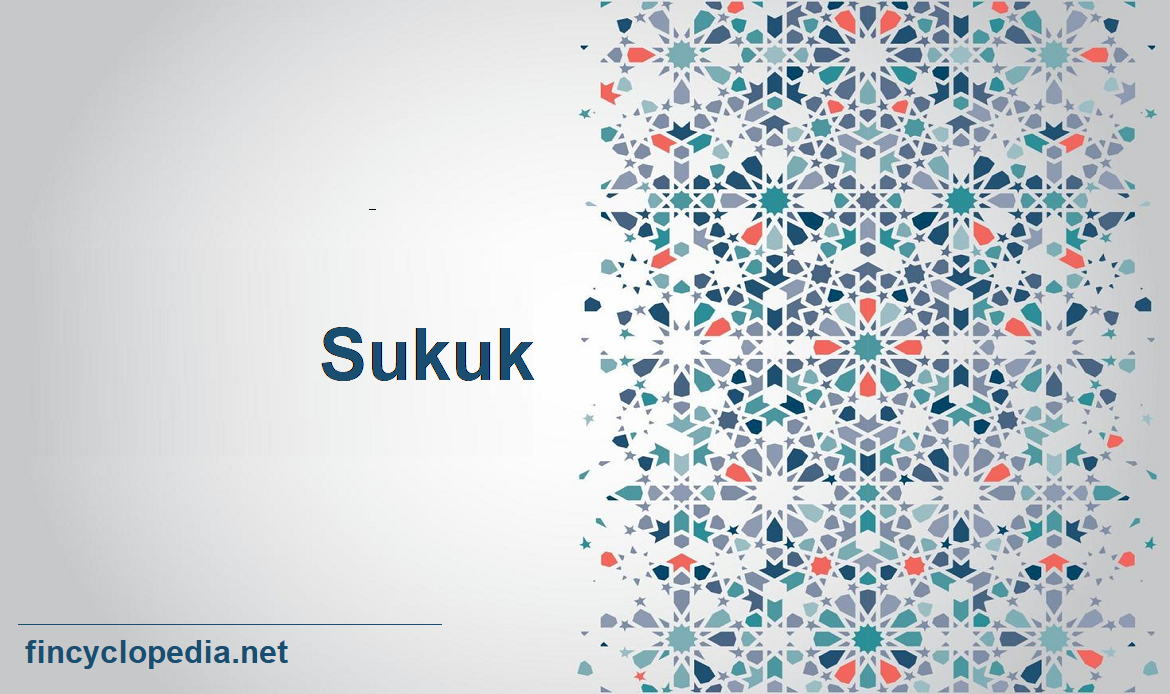In Islamic finance, agency (wakalah, وكالة in Arabic) is a contract (aqd) between two counterparties: an agent (wakeel) and principal (muwakkel). The agent undertakes to render a service to the principal against payment of a fee known as ujrah. Wakalah, per se, is not a transaction, but rather a facility to enable transactions to take place. For example, a letter of credit can be based on wakalah contract whereby an importer authorizes the bank (Islamic bank) to issue it on his behalf to the bank of an exporter. In this context, the issuing bank will act as an agent, facilitating the issuance of the letter of credit. In return, the bank receives a fee (ujrah) from the importer (the principal) for this service.
Wakalah belongs in fiduciary contracts which are not permissible by shari’ah to be combined with personal guarantees (kafalah) in the same contract at the same time. In other words, the agent cannot act at the same time as a guarantor because such a dual role conflicts with the nature of fiduciary contracts. Likewise, the agent in an investment agency cannot be stipulated to produce a guarantee on invested funds (capital) or investment return, as this will render the transaction into an interest-based loan (qardh ribawi).






